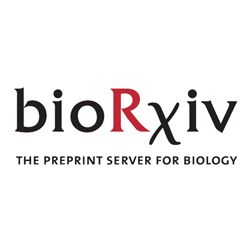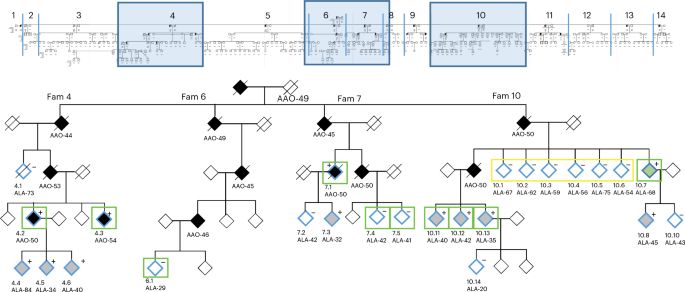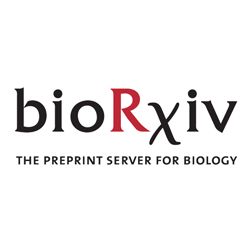

discovery.ucl.ac.uk/id/eprint/10...
discovery.ucl.ac.uk/id/eprint/10...
Oliver J. Ziff... @selinawray.bsky.social & Charles Arber @uclqsion.bsky.social
molecularneurodegeneration.biomedcentral.com/articles/10....

Oliver J. Ziff... @selinawray.bsky.social & Charles Arber @uclqsion.bsky.social
molecularneurodegeneration.biomedcentral.com/articles/10....
https://www.researchsquare.com/article/rs-7222993/latest
https://www.researchsquare.com/article/rs-7222993/latest
www.nature.com/articles/s41...

www.nature.com/articles/s41...
Repost this important information!
A 2021 meta-analysis reveals that seizures occur in up to 16% of people with Alzheimer’s, with rates rising to nearly 50% in cases linked to genetic mutations (APP, PSEN1, PSEN2). (1/2)
Repost this important information!
A 2021 meta-analysis reveals that seizures occur in up to 16% of people with Alzheimer’s, with rates rising to nearly 50% in cases linked to genetic mutations (APP, PSEN1, PSEN2). (1/2)
➡️ Continued on ES/IODE
➡️ Continued on ES/IODE
ebi.ac.uk/intact/query/p…
ebi.ac.uk/intact/query/p…
academic.oup.com/brain/articl...

academic.oup.com/brain/articl...


alzres.biomedcentral.com/articles/10....

alzres.biomedcentral.com/articles/10....
In this @VJNeurology video, I go over the data:
youtu.be/krc5UGvu7RQ (1/5)

In this @VJNeurology video, I go over the data:
youtu.be/krc5UGvu7RQ (1/5)

➡️ Continued on ES/IODE
➡️ Continued on ES/IODE




http://medrxiv.org/cgi/content/short/2025.07.27.25332260v1
http://medrxiv.org/cgi/content/short/2025.07.27.25332260v1

